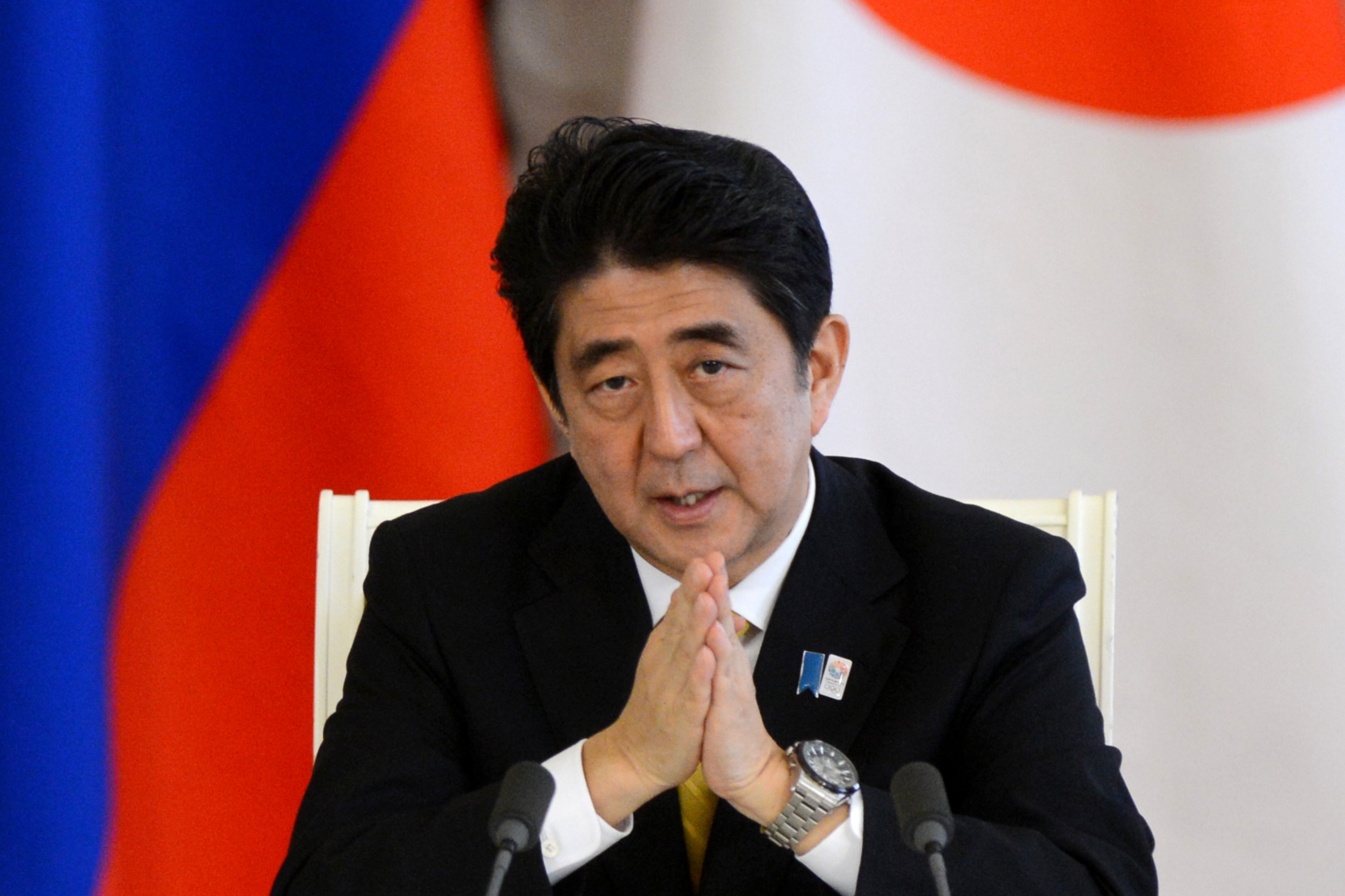Japan's womenomics is little more than skin deep

By vBloomberg
For Japan's Shinzo Abe, losing two of five female cabinet members to scandal in one day is hugely embarrassing -- a grave setback to his efforts to shake up the staid, male-dominated world of Japanese politics. More importantly, it's a reminder of the real problem with Abe's female-empowerment drive: His policies remain more symbol than substance.
In a cabinet reshuffle last month, Abe hired the five female ministers to buttress his case for raising the profile of women in Japan, which ranks behind Burkina Faso in gender equality. For a time, his Liberal Democratic Party basked in global headlines celebrating its progressiveness and commitment to getting more women into the workplace -- a key to Japan's future growth.
Monday's resignations of Trade Minister Yuko Obuchi and Justice Minister Midori Matsushima because of unrelated spending scandals naturally call into question Abe's choices. Rather than tap strong, independent-minded women who might challenge government policy, he seems to have favored warm, telegenic figures who could help him sell unpopular policies. Obuchi, for example, was tasked with leading efforts to restart Japan's nuclear reactors -- a still-controversial idea after the 2011 Fukushima disaster. Presumably, LDP barons assumed a 40-year-old mother of two could help convince Japanese that reactors were safe.
Other female ministers appear to have been selected for their right-wing credentials: Internal Affairs Minister Sanae Takaichi and Eriko Yamatani, minister for the North Korea abductee issue, were embarrassed recently after photos emerged of them beside a former Japanese neo-Nazi leader. Feminists, meanwhile, were aghast at Haruko Arimura getting the women's empowerment portfolio despite her strong support for traditional family values. She opposes women keeping maiden names after marriage or allowing a woman to succeed to the imperial throne.
By this point, Abe's hires seem like little more than ill-advised tokenism -- a familiar sight in the halls of power in Tokyo. The last time Japan had five female cabinet members was under Junichiro Koizumi, Abe's political mentor. For his part, Koizumi tapped female television anchors, former models and cookbook authors -- a crowd the press dubbed "Koizumi's assassins" -- to run for office.
None of this would matter much if Abe's efforts to raise women's participation in the workforce looked likely to bear fruit. In coming weeks, his administration is expected to unveil a package of measures to increase that ratio to 30 percent by 2020.
Yet thus far, Abe has laid out a three-pronged approach toward gender equality that's timid and unimaginative. Its pillars include greater access to child care (without helping families defray the prohibitive costs); extending maternity leave to three years (which may dissuade many career women from having kids); and asking companies to invite more women into the executive suite. Already there signs Abe is backtracking on key pledges like requiring numerical targets for companies to hire or promote female executives, never mind mandating quotas.
If Abe really wants to increase female labor participation, he needs to introduce clear policies that use tax incentives to reward companies for leaning forward. He also should name, shame and even punish companies that fail to tap the other half of Japan's population. Truly empowering women requires bold and creative policies -- not tokenism.
Here we are to serve you with news right now. It does not cost much, but worth your attention.
Choose to support open, independent, quality journalism and subscribe on a monthly basis.
By subscribing to our online newspaper, you can have full digital access to all news, analysis, and much more.
You can also follow AzerNEWS on Twitter @AzerNewsAz or Facebook @AzerNewsNewspaper
Thank you!
